Foreign News
Zimbabwe’s President Mugabe resigns
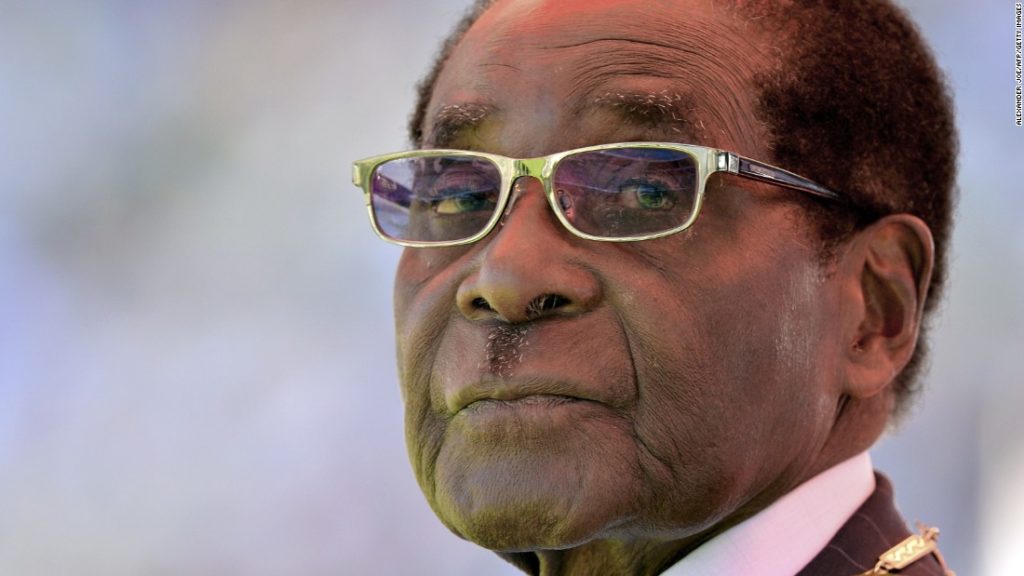
Robert Mugabe has been President of Zimbabwe since 1980
Zimbabwe’s President Robert Mugabe has resigned, parliament speaker Jacob Mudenda has said.
A letter from Mr Mugabe said that the decision was voluntary and that he had made it to allow a smooth transition of power.
The surprise announcement halted an impeachment hearing that had begun against him.
Lawmakers roared in jubilation and people have begun celebrating in the streets.
Mr Mugabe had previously refused to resign despite last week’s military takeover and days of protests.
The letter did not mention who would take over from Mr Mugabe.
The constitution says it should be the current vice-president, Phelekezela Mphoko, a supporter of Grace Mugabe, Mr Mugabe’s wife.
Mr Mudenda said moves were under way to ensure a new leader could take over by late on Wednesday.
UK Prime Minister Theresa May said Mr Mugabe’s resignation “provides Zimbabwe with an opportunity to forge a new path free of the oppression that characterised his rule”.
She said that Britain, “as Zimbabwe’s oldest friend”, will do all it can to support free and fair elections and the rebuilding of the Zimbabwean economy.
- The US Embassy in Harare, the capital, said it was a “historic moment” and congratulated Zimbabweans who “raised their voices and stated peacefully and clearly that the time for change was overdue”
- South Africa’s main opposition Democratic Alliance welcomed the move, saying Mr Mugabe had turned from “liberator to dictator”
- Prominent Zimbabwean opposition politician David Coltart tweeted: “We have removed a tyrant but not yet a tyranny”
Robert Mugabe has been in power since independence in 1980. Mr Mugabe has won elections, but over the past 15 years these have been marred by violence against political opponents.
He has presided over a deepening economic crisis in Zimbabwe, where people are on average 15% poorer now than they were in 1980.
“I am the happiest person under the sun right now, because I always believed that Mugabe was going to step down in my lifetime and it has happened,” human rights activist Linda Masarira told the BBC.
“And now going forward it’s time for the opposition to reorganise and ensure that we will have a government that cares for the people. And everyone has to be included.”
What triggered the moves to oust him was his dismissal of Emmerson Mnangagwa as vice-president two weeks ago.
That decision was seen by many as clearing the way for Grace Mugabe to succeed her husband as leader. It riled the military leadership, who stepped in and put Mr Mugabe under house arrest.
- 1924: Born
- 1964: Imprisoned by Rhodesian government
- 1980: Wins post-independence elections
- 1996: Marries Grace Marufu
- 2000: Loses referendum, pro-Mugabe militias invade white-owned farms and attack opposition supporters
- 2008: Comes second in first round of elections to Morgan Tsvangirai who pulls out of run-off amid nationwide attacks on his supporters
- 2009: Amid economic collapse, swears in Mr Tsvangirai as prime minister, who serves in uneasy government of national unity for four years
- 2017: Sacks long-time ally Vice-President Emmerson Mnangagwa, paving the way for his wife Grace to succeed him. Army intervenes and forces him to step down

-
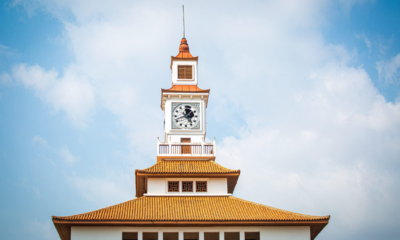
 Random Thoughts11 months ago
Random Thoughts11 months agoA Dutch Passport or a Ghanaian PhD?
-

 Foreign News10 years ago
Foreign News10 years agoEvery Animal Meat Is Not Beef! See All Their Names
-
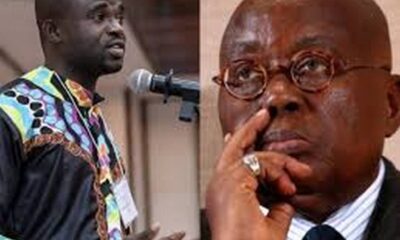
 Manasseh's Folder12 months ago
Manasseh's Folder12 months agoManasseh’s Praise and Criticism of Akufo-Addo’s Action on the SML Scandal
-
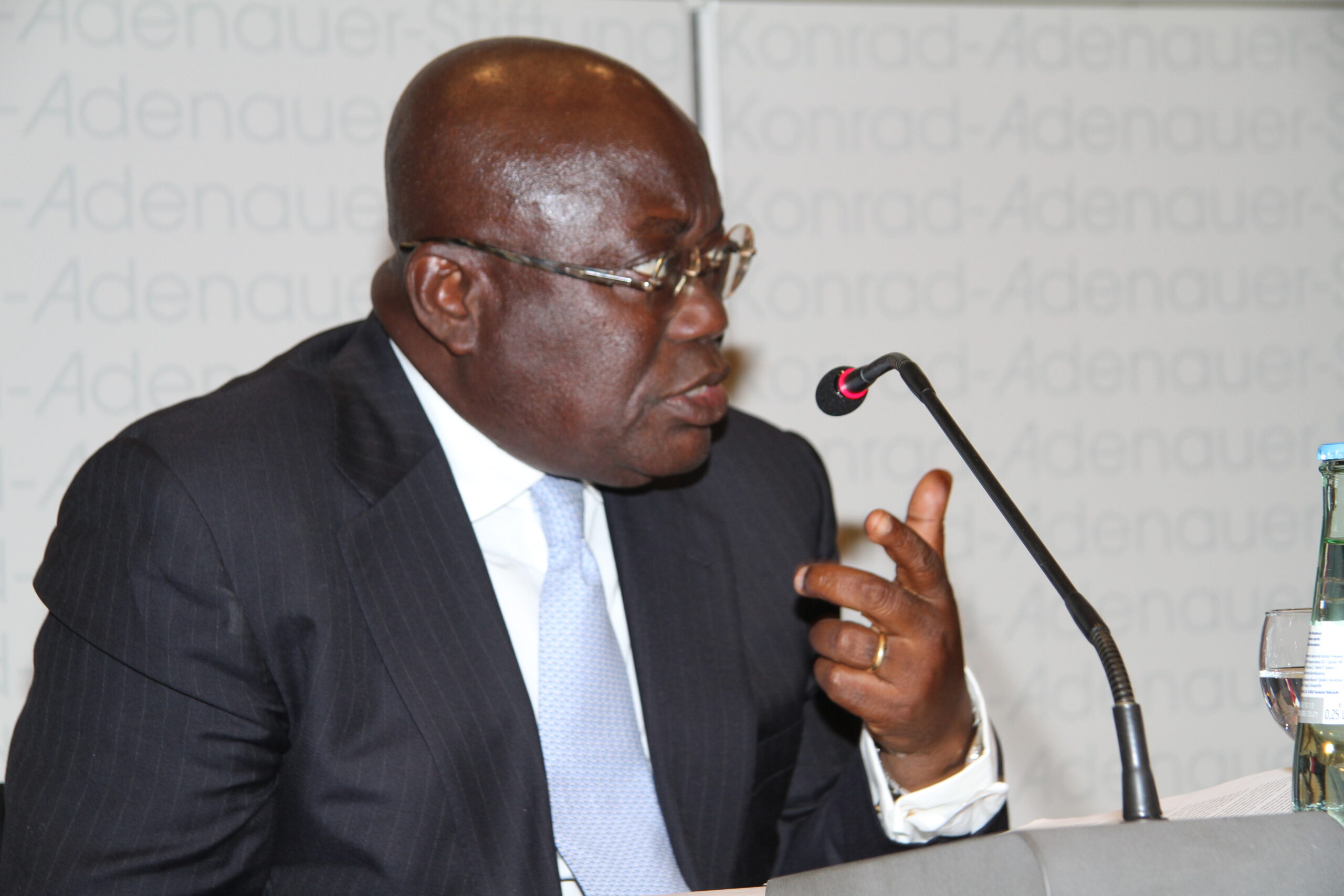
 Guest Writers9 years ago
Guest Writers9 years agoProf. Kwaku Asare writes: Nana Akufo-Addo has no law degree but…
-
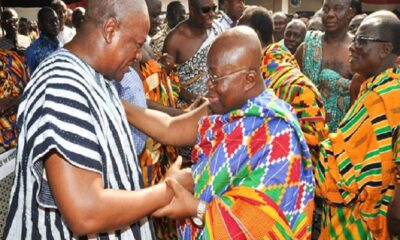
 Manasseh's Blog Posts9 months ago
Manasseh's Blog Posts9 months agoWho Started Free SHS?
-

 Manasseh's Folder10 months ago
Manasseh's Folder10 months agoIs Napo Arrogant? And Does It Matter?
-

 Manasseh's Blog Posts2 weeks ago
Manasseh's Blog Posts2 weeks agoA tribute to Naa Ashorkor
-

 Anti-Corruption10 years ago
Anti-Corruption10 years agoMANASSEH’S FOLDER: Unmasking Afenyo Markins, NPP’s apostle of integrity